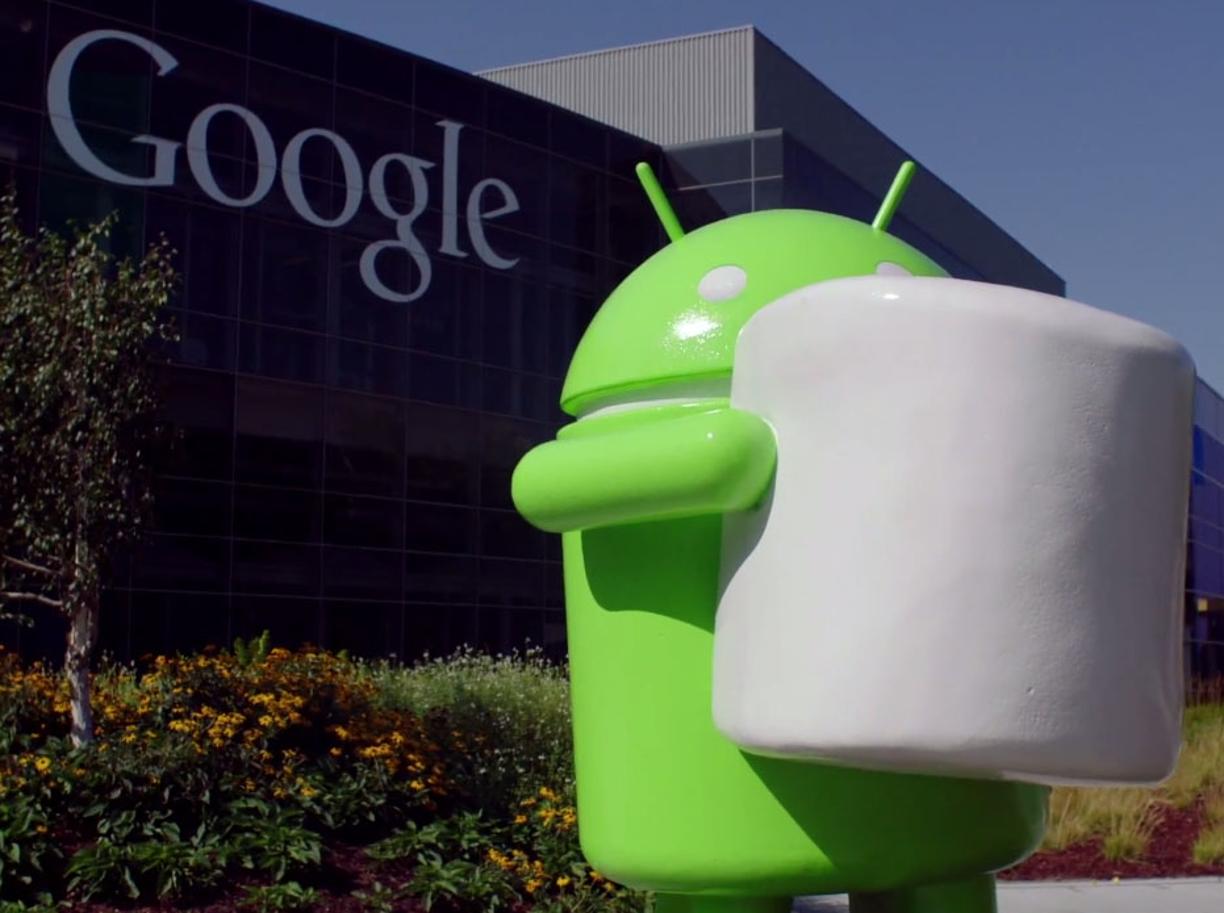Google gets tough on handset makers neglecting Android updates
Company to use new incentives to encourage smartphone makers to roll out OS updates to users faster

Google is cracking down on handset makers and carriers that are slow to roll out Android updates to their users with new incentives and a public ranking broad, according to a new report.
The Android user base has been fragmented since its debut in 2007 and system updates arrive notoriously late for users, depending on the make of their handset.
But the operating system's maker has been working to address this problem, and now it intends to publically rank which handset makers are the best for security patches and OS updates, a move which could discredit some phone makers, and prompt them to act more efficiently, Bloomberg reports.
Google reportedly has an internal ranking, but has not gone public with it before.
In recent months, Google has been speeding up security updates, providing technology workarounds and reducing phone testing requirements. Lately, the company has been offering many of its major software and security updates through its Google Play Store, rather than rolling them exclusively into each Android OS update.
However, the number of Google's 1.4 billion active Android user who are running its latest operating system pales in comparison to rival Apple. Only 7.5 per cent of Android users run the latest OS, Marshmallow, according to Google's figures, compared to 84 per cent of iOS users running Apple's latest software.
This disparity is has been called out many times as an area where Google is lagging behind Apple, which makes both hardware and software for its devices, maintaining more control over both.
Get the ITPro daily newsletter
Sign up today and you will receive a free copy of our Future Focus 2025 report - the leading guidance on AI, cybersecurity and other IT challenges as per 700+ senior executives
Recently, a Dutch consumer group sued Samsung Electronics, the largest Android phone manufacturer, for neglecting to update many of its devices for two years, despite them running the latest version of Android and updates becoming available.
Kaspersky Lab revealed earlier this month that many android handsets running 4.1 Jelly Bean or older are now susceptible to malware attacks.
Speaking at Google I/O conference this month, Android chief Hiroshi Lockheimer said the company making progress in persuading phone makers and carriers to install security updates sooner "for the good of users".
-
 Bigger salaries, more burnout: Is the CISO role in crisis?
Bigger salaries, more burnout: Is the CISO role in crisis?In-depth CISOs are more stressed than ever before – but why is this and what can be done?
By Kate O'Flaherty Published
-
 Cheap cyber crime kits can be bought on the dark web for less than $25
Cheap cyber crime kits can be bought on the dark web for less than $25News Research from NordVPN shows phishing kits are now widely available on the dark web and via messaging apps like Telegram, and are often selling for less than $25.
By Emma Woollacott Published